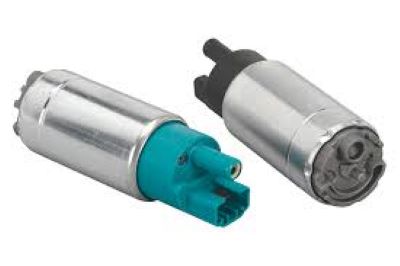A fuel pump may cost anywhere from $30 to over $500, depending on the year and model of a car, as well as how it goes about nourishing its engine. On average,however,a fuel pump will set you back anything from $100-600. You could easily pay $200 for a replacement fuel pump in a Toyota Camry, but costs can shoot north of $400 for even “standard” luxury vehicles like BMW’s X5. The cost of the labor for installation typically adds another $100 to $200, so you could easily be nearing a total that surpasses this range.
According to industry experts at the National Automotive Parts Association (NAPA), labor costs for installation can range greatly depending on how easy or difficult it is, and regional rates from repair shops. On more premium or complicated fuel systems for certain vehicles, labor costs could be even higher and thus the end cost correspondingly greater.
During the last ten years, historical trends reveal that fuel pump costs have soared by roughly 15% as part of a longer-term upward trend. This increase is in part due to rising material costs and new technology. Even the most nimble contemporary pumps have features like modulated flow rates and internal sensors, all of which boost performance but also increase price. In general, newer models of higher-end fuel pumps that use pressure sensors or have variable speed functions will cost more than older lower-tech ones.

According to the American Automotive Service Councils (AASC), technology advancements have caused prices on OEM (Original Equipment Manufacturer) fuel pumps going up. But the aftermarket fuel pumps are a much cheaper alternative. You can expect to pay up to 30% cheaper a price for an aftermarket pump versus their OEM counterparts. An aftermarket fuel pump for a Honda Civic may cost around $150, as opposed to about $200 or the OEM price. While this discrepancy in price demonstrates the potential for aftermarket options to save money without much sacrifice on quality.
The auto repair shop owner John Doe explains: OEM pumps ensure compatibility and reliability, but the aftermarket ones will save you money without a difference in performance. It's a sentiment echoed by many in the industry that know all too well just how much aftermarket parts contribute to saving on repair costs.
In summary, how much your fuel pump will cost you is dependent on the different factors including what type that goes in our car also installation if any. “With technology changes over time it may not be possible to retain that price point at the OE level, which is where aftermarket prices can present a great opportunity for vehicle owners in comparison.” For those interested in the Fuel Pump and your options, head over to their website for products and other resources.